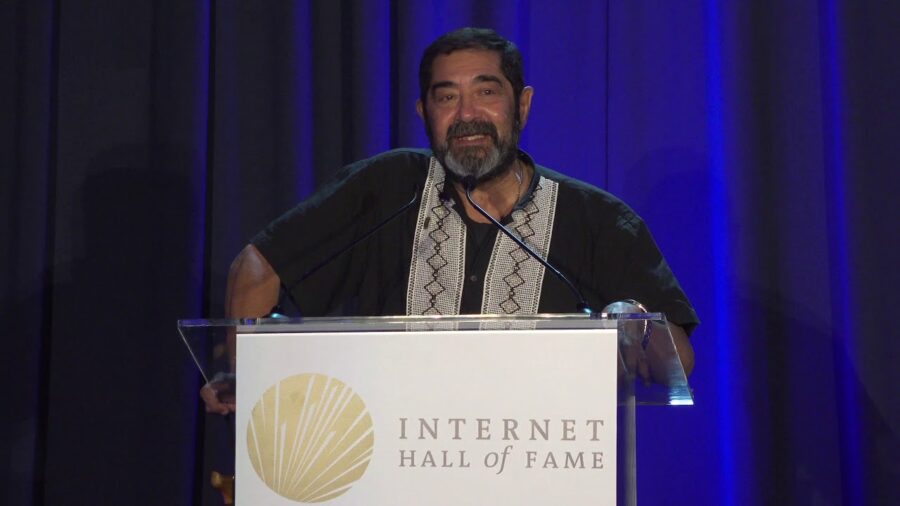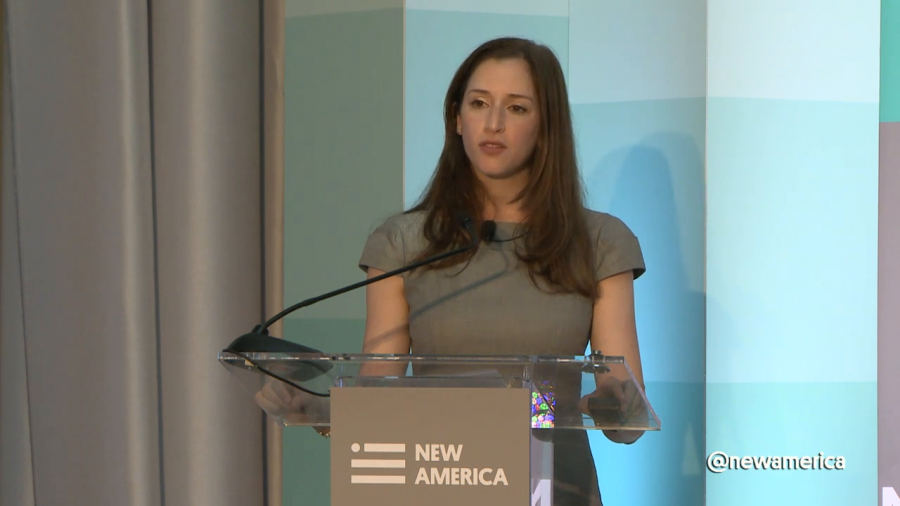It’s a great honor to be inducted in the Internet Hall of Fame. I don’t do it in my name alone. I do it for all the Peruvians who work in this network we built in the 90s. We learned very well the teachings of Randy Bush. Sometimes when he taught us technology with love, and we saw poetic, hippie, unrepentant words. And we created with that a vision.
Archive
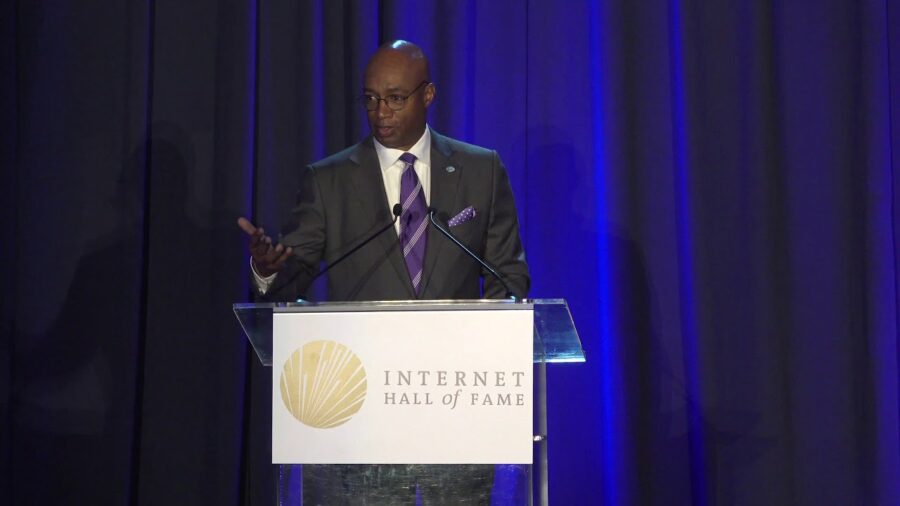
In 1993 when we first started talking about the digital divide and doing the work to define the digital divide, there were 15 million people on this planet on the Internet. Today there are 4 billion. A lot of people in this room did a lot of work to make that happen. But we have a lot that we need to do still.
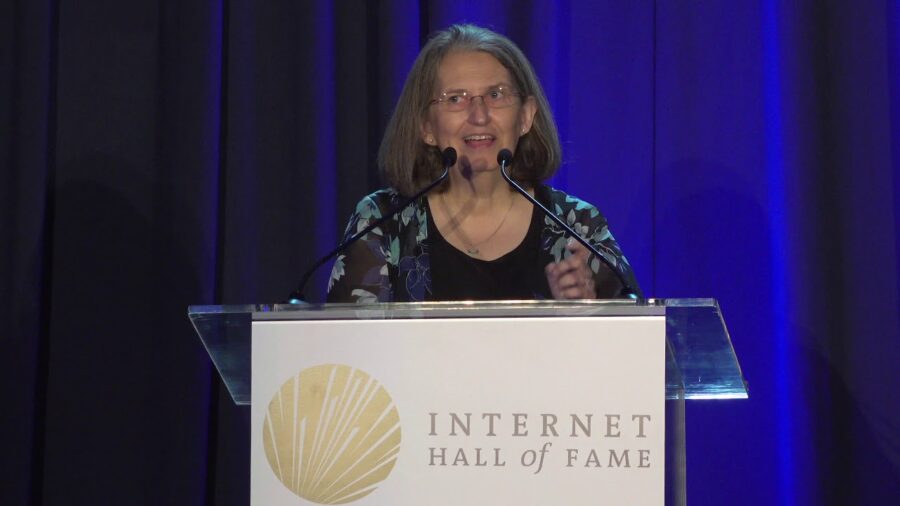
I’d like to focus on thanking the Internet Society for recognizing the important part that public librarians have played in helping to grow the reach of the Internet and its use by everybody.
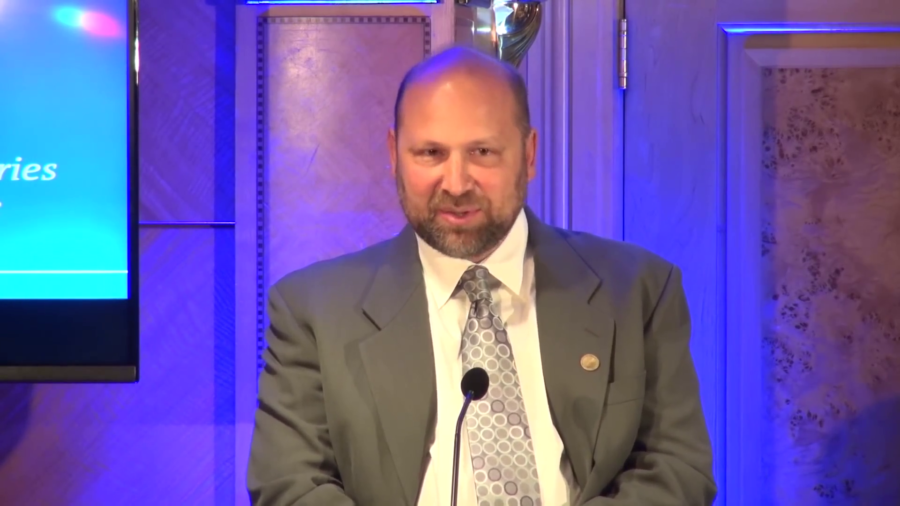
I came along in the early 1990s to join the Internet development community, at a time when this work was cultivated by a mix of academia, government, and industry. And it was really starting to flourish, and the growth of the Net was starting to explode at that point with two to three new countries joining you know, every every month or two with their full TCP/IP connections.
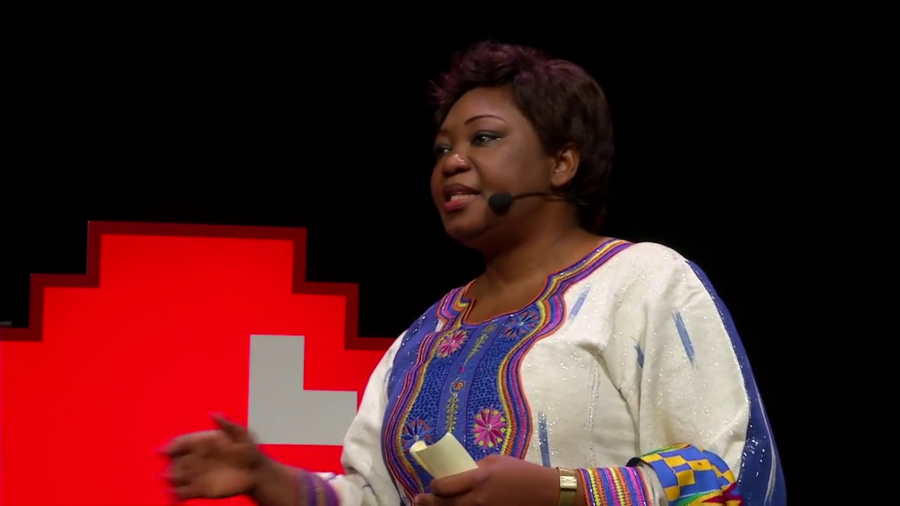
In Europe, there are about fifty-odd countries, and about 725 million people. That’s about the population of Europe at the moment. What’s the largest country in Europe in terms of population? Russia is. Russia has about 144 million, 145 million. But Nigeria has more than 170 million, and there are only about 40% of Nigerians who are connected.
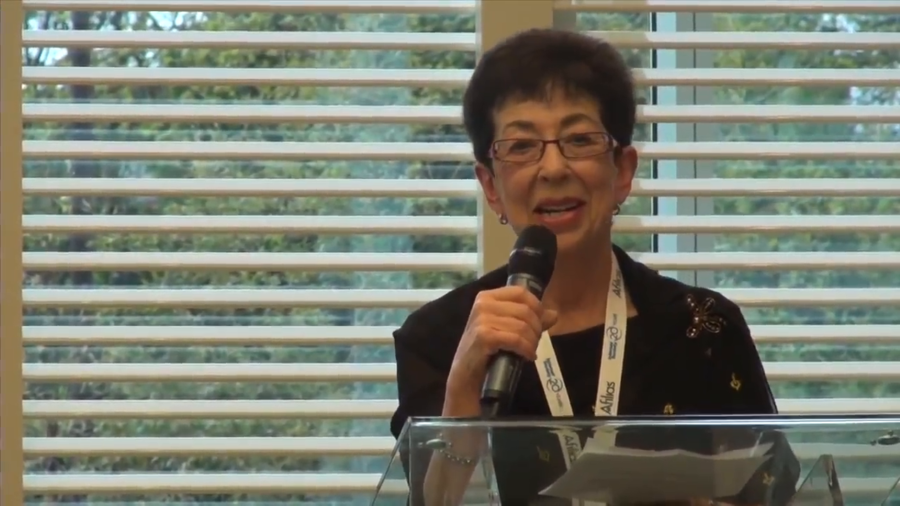
About 1988, I was running a regional development information system at the United Nations economic commission for Africa in Addis Ababa. It was based on exchange of information with nodes in virtually every African country, and it was to be based on satellites for the exchange of that information. Unfortunately the satellites weren’t there.
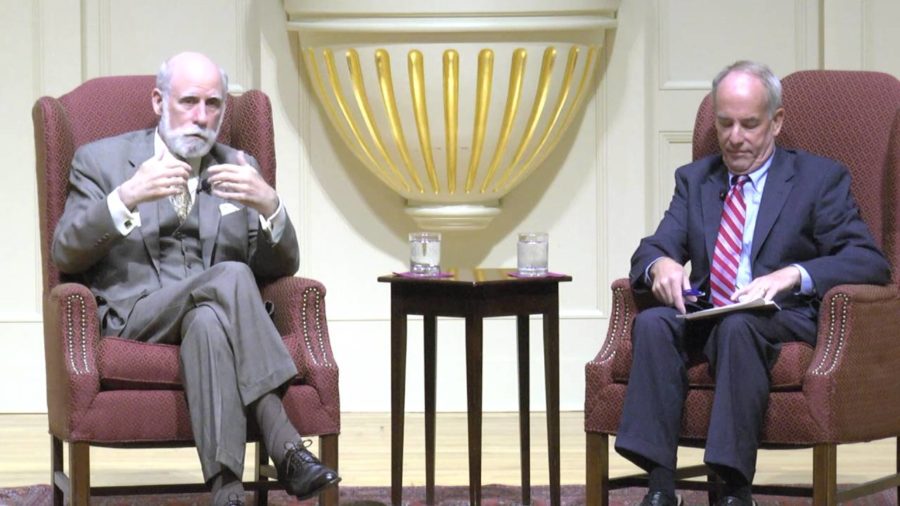
We’ve already been through several situations where new technologies come along. The Industrial Revolution removed a large number of jobs that had been done by hand, replaced them with machines. But the machines had to be built, the machines had to be operated, the machines had to be maintained. And the same is true in this online environment.

